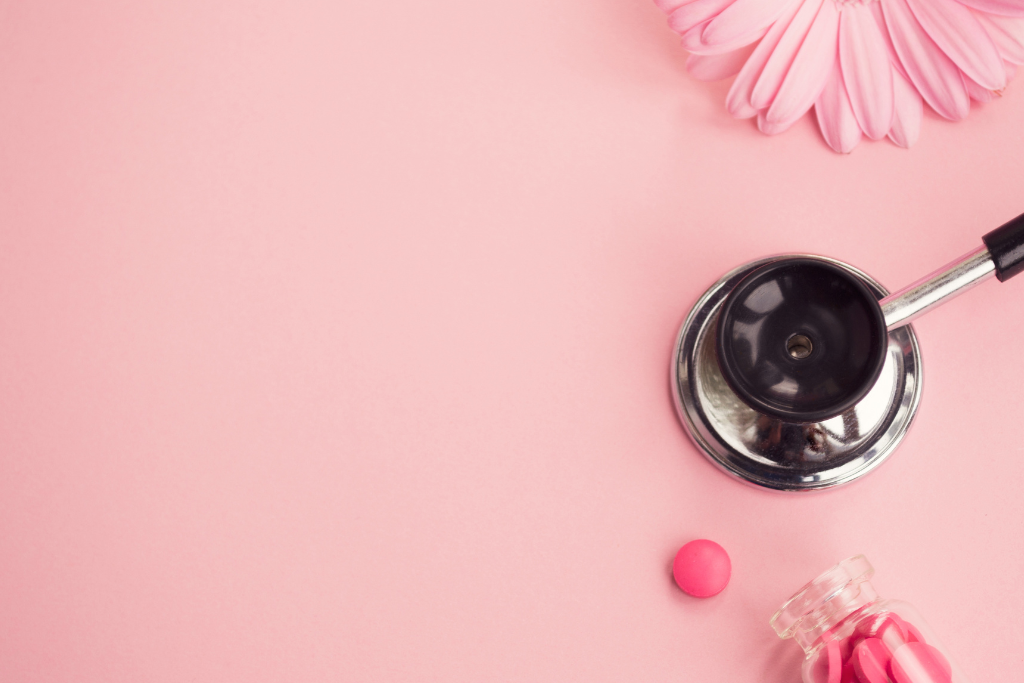Are you looking for a safe and convenient way to prevent pregnancies for up to five years at a time? An estimated 10% of women are using long-acting forms of contraception like intrauterine devices.
Both copper and hormonal IUDs prevent pregnancy by stopping sperm cells from reaching an egg. Unlike alternatives like the pill, IUDs don’t require any daily steps or effort to work.
That said, IUD insertion can cause discomfort. We’re here to talk about the do’s and don’ts of IUD insertion aftercare to ensure our patients have the best experience possible. Read on for more.
IUD Insertion Aftercare Do’s
IUD insertion is an outpatient procedure you can complete at the Women’s Health clinic of FHC in Sandpoint. Many patients experience a quick, sharp pain as the device is inserted past the cervix. Post-insertion care typically involves discomfort management, and we recommend:
- Taking over-the-counter pain medications like ibuprofen as needed
- Using a heating pad or hot water bottle on the abdomen
- Resting (or reducing physical activity as much as possible) for at least 24 hours
Don’t hesitate to call your doctor if you experience symptoms like excessive bleeding, fever, or odorous discharge after insertion. Make sure to attend your follow-up appointment, typically scheduled for four to six weeks later.
IUD Insertion Aftercare Don’ts
There are also a few activities you should avoid during the IUD recovery process. For example, we recommend that patients refrain from the following for at least 24 hours after insertion:
- Taking baths (showers are fine)
- Swimming
- Using a tampon or menstrual cup
Many patients want to know when they can have vaginal intercourse after insertion. We recommend waiting for up to 24 hours or until discomfort subsides, but this is a personal choice. Make sure you know when your IUD is effective (which we’ll discuss below) and continue to use condoms for STI prevention.
Why Ask Your Doctor for Additional IUD Care Tips?
While this IUD maintenance guide is a good primer, you should still talk to your doctor about what to expect. This is in part because IUD aftercare varies a bit depending on the type of IUD you use. For example, while a copper IUD is effective at preventing pregnancies immediately, hormonal IUDs aren’t considered effective birth control for the first seven days.
Talk to your doctor about any questions or concerns you have. Be sure to share information about your current health status. Note that having certain conditions, like pelvic infections, may mean that IUDs aren’t the best birth control option for you.
Schedule Your IUD Insertion with Family Health Center In Sandpoint
IUDs are a viable long-term birth control choice for many teens and adults. Ask your doctor if IUDs are right for you and use this guide to cover the basics of IUD insertion aftercare. Remember, recovery and use may vary, so talk to your doctor about what to expect.
At Family Health Center in Sandpoint, we strive to meet the primary care needs of patients of all ages, from infants to seniors. If you’re a new patient, learn more about our services and schedule your first appointment.




